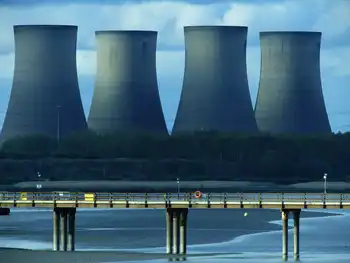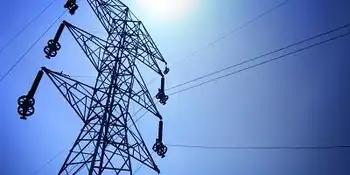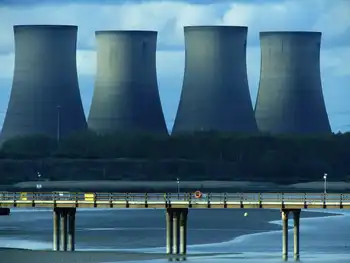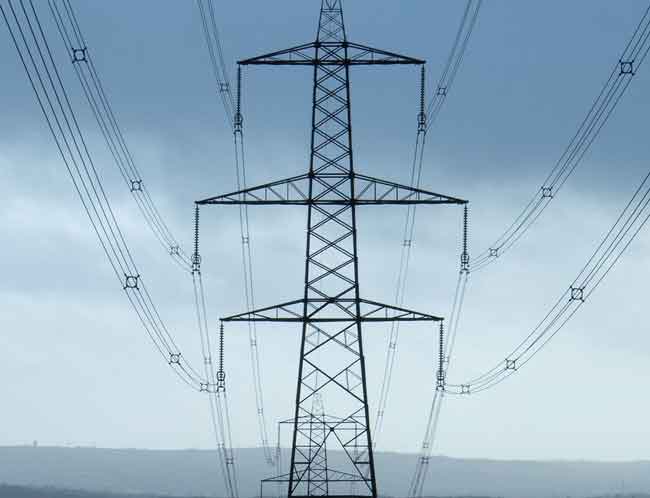Suit targets mercury emissions from power plant
WildEarth Guardians says in a federal lawsuit that Xcel is violating federal environmental laws by failing to obtain the approval required by the federal Clean Air Act.
"Xcel Energy is plowing ahead to fire up its smokestack without first ensuring full protection of public health and welfare.That's not only dangerous, it's illegal," said Jeremy Nichols of WildEarth Guardians' Denver office.
The $1.3 billion unit, the third at the Comanche Generating Station, will produce 750 megawatts of electricity - enough for approximately 750,000 households. Construction is under way.
Xcel and state health officials say the company has a permit that sets limits on the unit's mercury emissions.
Paul Tourangeau, director of the state Air Pollution Control Division, said plans for the Comanche Station include equipment to significantly reduce mercury pollution and monitor emissions.
Tourangeau said the state extended the deadline to July 29 for Xcel to update information on efforts to reduce mercury emissions. The update is required by the U.S. Environmental Protection Agency.
Minneapolis-based Xcel took part in negotiations in 2007 that resulted in statewide rules on mercury emissions. Xcel, Colorado's largest electric utility, and other large power providers agreed to cut emissions 80 percent by 2012.
Colorado's rules were approved as several states were battling the Bush administration over a mercury standard the states felt was too weak. Last year, a federal appeals court overturned the Bush administration's approach for mercury reduction that allowed plants with excessive smokestack emissions to buy pollution rights from other plants that foul the air less.
The Obama administration is seeking more stringent controls on mercury.
Mercury is a powerful toxin that accumulates in fish and poses a risk of nerve and brain damage, especially to pregnant women and children.
About 40 percent of the manmade mercury pollution in the United States comes from coal-fired power plants.
Nichols said Xcel's current permit for the new Pueblo unit will cut mercury emissions by about 65 percent. But experience with other coal-fired plants shows that technology is available to reduce the pollution by up to 95 percent, he added.
"They could be doing a lot better," Nichols said. "The permit they have now doesn't cut it."
Related News
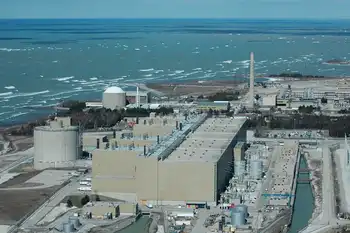
Bruce nuclear reactor taken offline as $2.1B project 'officially' begins
TIVERTON, ONT - The world’s largest nuclear fleet, became a little smaller Monday morning. Bruce Power has began the process to take Unit 6 offline to begin a $2.1 billion project to replace all the major components of the reactor.
The reactor, which produces enough electricity to power 750,000 homes, will be out of service for the next four years.
In its place, hydroelectric power and natural gas will be utilized more.
Taking Unit 6 offline is just the “official” beginning of a 13-year, $13-billion project to refurbish six of Bruce Power’s eight nuclear reactors.
Work to extend the life of the nuclear plant…


